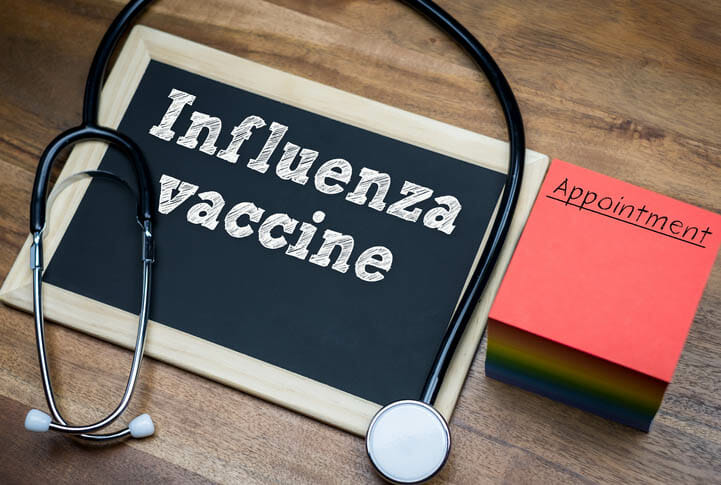This year, National Influenza Vaccination Week (NIVW) is December 2-8. NIVW provides an opportunity for nurses to promote flu vaccination before flu season swings into full gear. The flu can be dangerous and result in serious health problems (complications), such as pneumonia, bacterial infections, or hospitalizations. Flu can sometimes even lead to death. All people are at risk for serious flu-related complications and certain groups, such as young children, pregnant women, people with certain chronic health conditions like cancer, diabetes, heart disease, asthma or lung disease, and people 65 years and older, are at higher risk.
Getting a flu vaccine is the first and most important step in protecting against the flu and its serious complications. Annual vaccination is important because influenza is unpredictable, flu viruses are constantly changing, and immunity from vaccination declines over time. Flu vaccination can also prevent serious medical events associated with some chronic conditions. A meta-analysis study published in JAMA shows that flu vaccination has been associated with lower rates of some cardiac events (i.e., unstable angina, heart failure, or stroke among people with heart disease).
In the United States, flu viruses are most common during the fall and winter. The exact timing and duration of flu seasons can vary, but influenza activity often peaks between December and February, and it can last as late as May. The CDC recommends everyone at 6 months of age and older gets a flu vaccine by the end of October, before flu activity begins every year. However, getting vaccinated later can still be beneficial.
Here are some essential preventative actions that we can do, in addition to getting a flu vaccine, to beat the flu and protect ourselves, our families, and our patients.
- Wash your hands often, especially after coughing or sneezing. Cover your nose and mouth when you cough or sneeze and wash your hands often and thoroughly. After using a tissue, throw it in the trash and wash your hands.
- Frequently clean and disinfect surfaces and objects that may be contaminated with germs like flu.
- Boost your immune by getting adequate sleep, eating plenty of fruits and vegetables, drinking plenty of water, and taking time to exercise.
- Last but not least, stay home when you are sick. If you are sick with a flu-like illness, the CDC recommends that you stay home for at least 24 hours after your fever is gone.
- Beat the Flu During National Influenza Vaccination Week - December 3, 2018
- Healthy Holiday Gift Ideas - November 27, 2018
- 4 Simple Steps to Help Manage Your Weight - November 1, 2018



